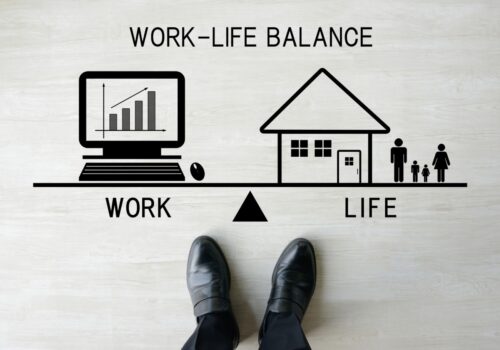Being a leader isn’t about controlling and parading around, ordering people what to do. It’s the ability to guide, listen, communicate, accept new ideas, and give feedback. It’s recognising the goal and using all the facilities and assets at your disposal to successfully reach that goal.
Essentially the right mindset is needed to calmly and effectively manage a project or team to success. Talking to a uk online therapists can help better prepare you for the responsibility and uncertainty a leadership role brings. Some are born leaders, and others need to adopt the necessary skills required to be a leader. Here are the skills you need to know to fit the leadership role.
Communication Is Key
Being able to talk through ideas, attentively listen, and accept new perspectives is one of the many parts of becoming a successful leader. To lead, you’ll need to be able to convey the thoughts, ideas and direction you’re going for. It’s just as important to communicate your vision and give directions in a concise, clear, yet comprehensible manner and form. Being able to pick up on silent communication cues while allowing others to communicate their views and ideas all translate to a good leader.
Communication is not only verbal, but can be in writing, through the presentation, and sometimes gestures. You must learn to communicate confidently one-on-one and with a larger group of people and vice versa. Communication drives the whole project or job forward, and just because you’ll be behind the steering wheel, it won’t always be solely you who decide which roads to take. Communicating effectively and allowing others to do the same gives everyone a taste of accomplishment. And that’s precisely what a good leader should strive for.
Motivation
Although the incentive of fair pay is essential, it may not be what drives your employees and team to aim for or even be too passionate about the goal at hand. That’s where leadership comes in. A leader has to motivate their team to rise above what they thought was possible and see that the company’s growth and success is a win for all. Let them know that they have a part to play, a purpose in the whole scheme of things. Build their self-esteem, and give them responsibilities in alignment with their skills. Get to know their purpose for starting this project and grow on it. Show them how the company can help serve their goals as well. Motivate them to see that by investing their time and effort, it will not be in vain.
Assign Tasks
The know-how to achieve a goal or desired result comes with accepting other skills your team may have to offer, which you can utilise to enhance the result. A good leader recognises what each team or employee has to bring to the table and assigns them the responsibility accordingly. Giving everyone the opportunity to polish and show off their skills will not only boost morale, but it’ll also provide you with time to focus on the more important tasks.
Approachability
A considerate, honest and positive attitude goes a long way when you have people who may rely on you for guidance. Gaining your employee’s respect is essential not only for the job but the whole work environment as a whole. Employees need a leader they can trust to come to with their concerns. And keeping a positive attitude can only further aid in building morale.
Being considerate, asking and engaging in small details of their lives, and being able to laugh at yourself can help make any job more likeable. As a leader, you want your employees to want to work. And by being positive and approachable, you give them a way to express themselves without fear and distaste for the job. They will want to come to work simply because it’s not a stressful environment. It’s a place where they can express their ideas and concerns openly because respect goes both ways.
Give Feedback
A leader can give employees feedback that will help guide them and give them enough arm room to make their own decisions. By doing so, your employees learn how a specific task is done and the approach they should take while confidently making decisions that will suit the company’s interests. Making it easier and less worrying for you when delegating tasks to your employees because you know you did your job well enough that they are able to make decisions on their own.
Conclusion
Being a leader is no easy task, but it doesn’t mean you’re above anyone else. Being a leader means you have more knowledge and experience in certain skills and can bring people together to work on and achieve a single goal. Of course, everyone has to do their best in a work environment, but a leader has more responsibilities on their shoulders.
The decisions being made, the direction to take, and the final say all fall onto a leader. Taking your responsibilities in stride and navigating the needs of both your employees and what the job requires, good communication and the willingness to work earnestly. hope this article helped.
















